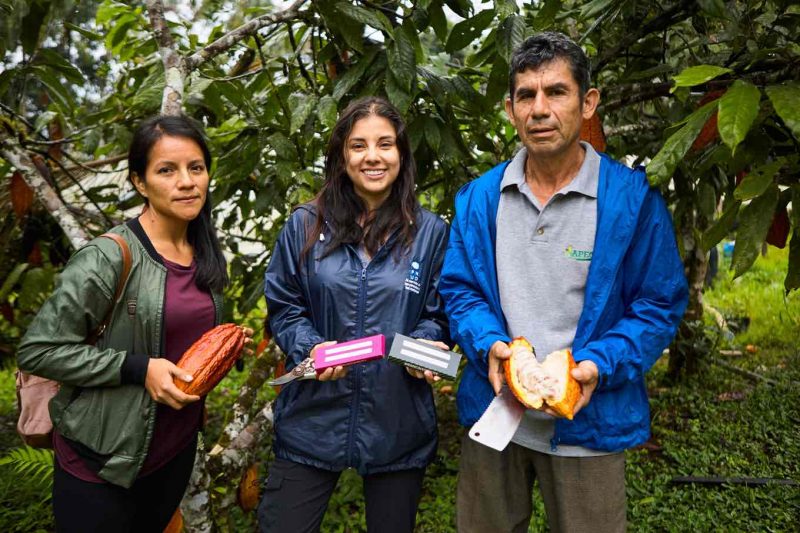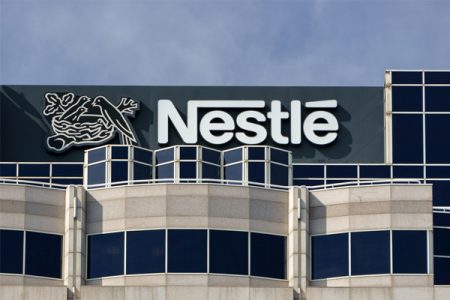United Nations venture delivers ethically-sourced chocolate series

The United Nations Development Programme has teamed up with the Fairchain Foundation to launch an ethically-sourced chocolate range known as the The Other Bar.
Being unveiled under a banner of “Be Radical, Choose Equality,” the new series out next week has been devised to challenge consumers to take direct action against poverty, piloting a new way of doing business with developing-world producers, who typically get a raw deal from western corporations.
As the UN noted, farmers typically only get 3% of the value of the cocoa used to make the chocolate sold in shops, which leads to the majority of cocoa farmers not earning living incomes. The Other Bar ensures farmers are paid prices that meet real income needs – and they receive it faster.
Inside every pack is a QR-code token that has real value – when scanned it’s equivalent to a quarter of a cocoa-producing tree. So for every four bars bought, a farmer can grow more, earn more and feed his family thanks to a fairer system.
There’s a twist, consumers don’t have to spend the token on a tree, they could use it to get 25p off their next purchase. It’s their choice. If more chocolate is purchased, the farmer benefits, if the token is donated, the farmer benefits – that’s Radical Equality in action.
Carlo Ruiz, the head of UNDP Inclusive Economic Development Unit in Ecuador, said: “This experiment is a blueprint on how to tackle poverty. It’s a game changer because we can prove to multinationals and governments that there is consumer demand for a fairer way.”

Guido van Staveren, founder of the FairChain Foundation, who conceived the idea and developed the technology behind The Other Bar tokens, concludes: “Most consumers understand that there is a problem with the way business is conducted between multinationals and producers. The little guy gets poor, while the big guy gets rich. The Other Bar proves that a combination of technology and consumer choice can tackle poverty.
“Global brands spend more than £500 billion a year on marketing. We only need £140 billion to end global poverty. So how cool would it be if manufacturers invested some of their marketing cash on positive impact? We believe this is what consumers want.”



